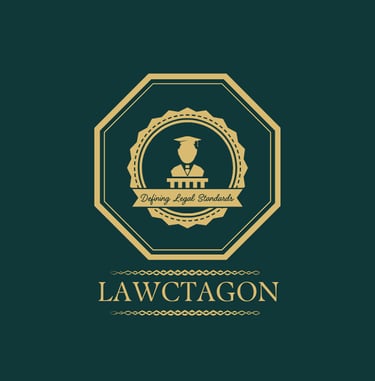Disinformation is 'One-Sided' and Polarizing, Warns Justice KV Viswanathan
LEGAL NEWS
Abhinav Mehendiratta
6/13/20242 min read
Disinformation is 'One-Sided' and Polarizing, Warns Justice KV Viswanathan
In today's digital age, disinformation—false and misleading information—is becoming a serious problem. As Justice KV Viswanathan of the Supreme Court said exquisitely at the Justice TS Krishnamoorthy Iyer Memorial Oration, "Disinformation is emerging to be the most severe global risk anticipated over the next two years."
He described the workings of disinformation with alarming clarity: "There is no conversation happening here. People receive information, which polarises them; they often believe it without verifying it; this information spreads widely, shapes opinions, and drives actions.
Justice Viswanathan cautioned, "I foresee a graver problem. Slowly and steadily, when people realise after a few years that the information was false, a trust deficit will set in among all of us, so much so that it is bound to impact our normal conversations."
The legal ramifications are nuanced; He noted that "the tussle between the interpretation of Article 19 and reasonable restrictions...free speech cannot be compromised, but there should be some measures in place to regulate the menace of disinformation."
Justice Viswanathan acknowledged the subjective nature of disinformation and stated, "It can be difficult to distinguish between censorship and misinformation." While removing harmful content is crucial, there is a risk of suppressing legitimate discourse and diverse opinions.
Justice Viswanathan looked at methods used by other nations, such as Singapore's "Protection from Online Falsehoods and Manipulation Act," which enables the government to order media outlets to publish accurate information next to false claims. He did admit, however, that giving the government such authority raised questions.
Incorporating elements of Germany's self-regulation model and Singapore's strategy, the judge called for a "hybrid model." "If the answer to false speech is more speech, the answer to hate speech, apart from legal sanction, should also be harmony speech," he said, notably.
As Justice Viswanathan concluded, "The real solution to disinformation, rather than from the law, comes from the changes that each of us can make to our everyday lives." He underlined the need for personal responsibility and education.
"Equip ourselves with the views and experiences from around the world," Justice Viswanathan advised the legal community as legal disputes over disinformation loom, ranging from judicial reviews of speech laws to content takedown measures.
A continuous challenge for the legal system and society at large in this digital age will be finding the proper balance between limiting the negative consequences of disinformation and preserving freedom of expression.


